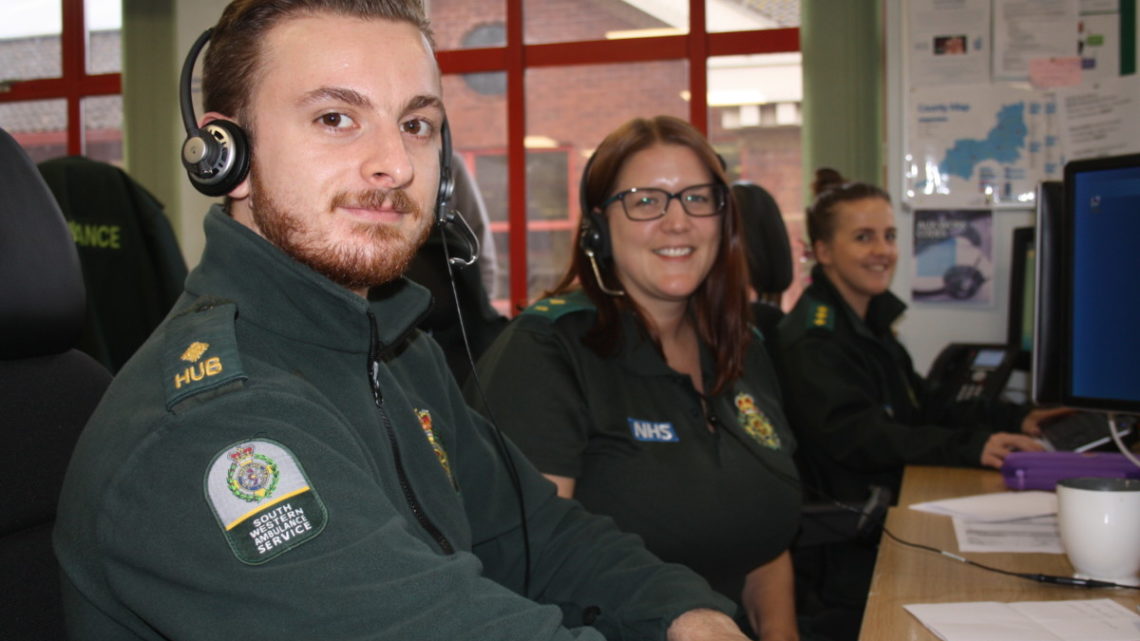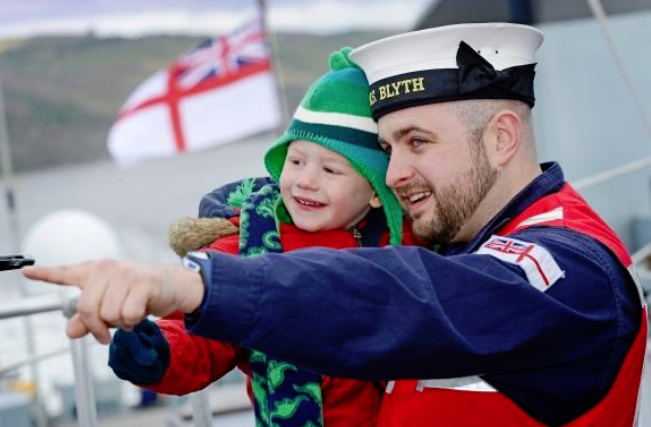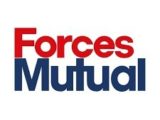
999 Emergency Call Handlers – Operating a lifeline
Gavin is a 999 emergency call handler with South Western Ambulance Service NHS Foundation Trust, he is one of the voices callers hear when they dial 999 and ask for an ambulance and has dealt with almost every emergency conceivable. Here he tells Civvy Street more about life as a 999 emergency call handler…
What is it like to be on the end of a 999 call?
Exciting, adrenaline filled, immensely fulfilling.
What’s the best thing about working as a 999 emergency call handler?
I can’t say any day is ever the same. Can’t predict what’s going to happen. It’s exciting and rewarding, the adrenaline – you can’t describe it. I look forward to going to work every day knowing that I am going to make a difference to someone.
What’s the most challenging part of the job?
For me, it’s the fast pace and high pressure. We frequently have numerous jobs coming in, simultaneously all for our area, and we have to liaise with other emergency services to make sure each one is dealt with professionally and efficiently. Between stressful calls you go outside and process it, you need to be in the right frame of mind for the next call when someone else needs you at your best.
What type of person does it take to be a 999 emergency call handler?
You need to be strong minded, resilient, a strong communicator and have the ability to remain calm and composed when making critical decisions in emergency situations.
Do you need any qualifications to become a 999 emergency call handler?
From a qualification point of view you don’t need a degree, it’s your qualities as a person which I think are most important. We have a great team of supervisors and you get to know your team quite well. You can always ask questions and you go through lots of different experiences and incidents together – there’s a superb sense of team spirit. All the medical knowledge is built into the computer systems so you’re not expected to be medically trained.
What would you say to someone considering this career path?
Go for it, you won’t regret it. If you like a fast-paced environment and want to make a difference to people’s lives, this is a great way to do so. The fulfilment you get knowing you’ve helped somebody when they really need it – that’s what it’s all about.
Visit: www.swast.nhs.uk



